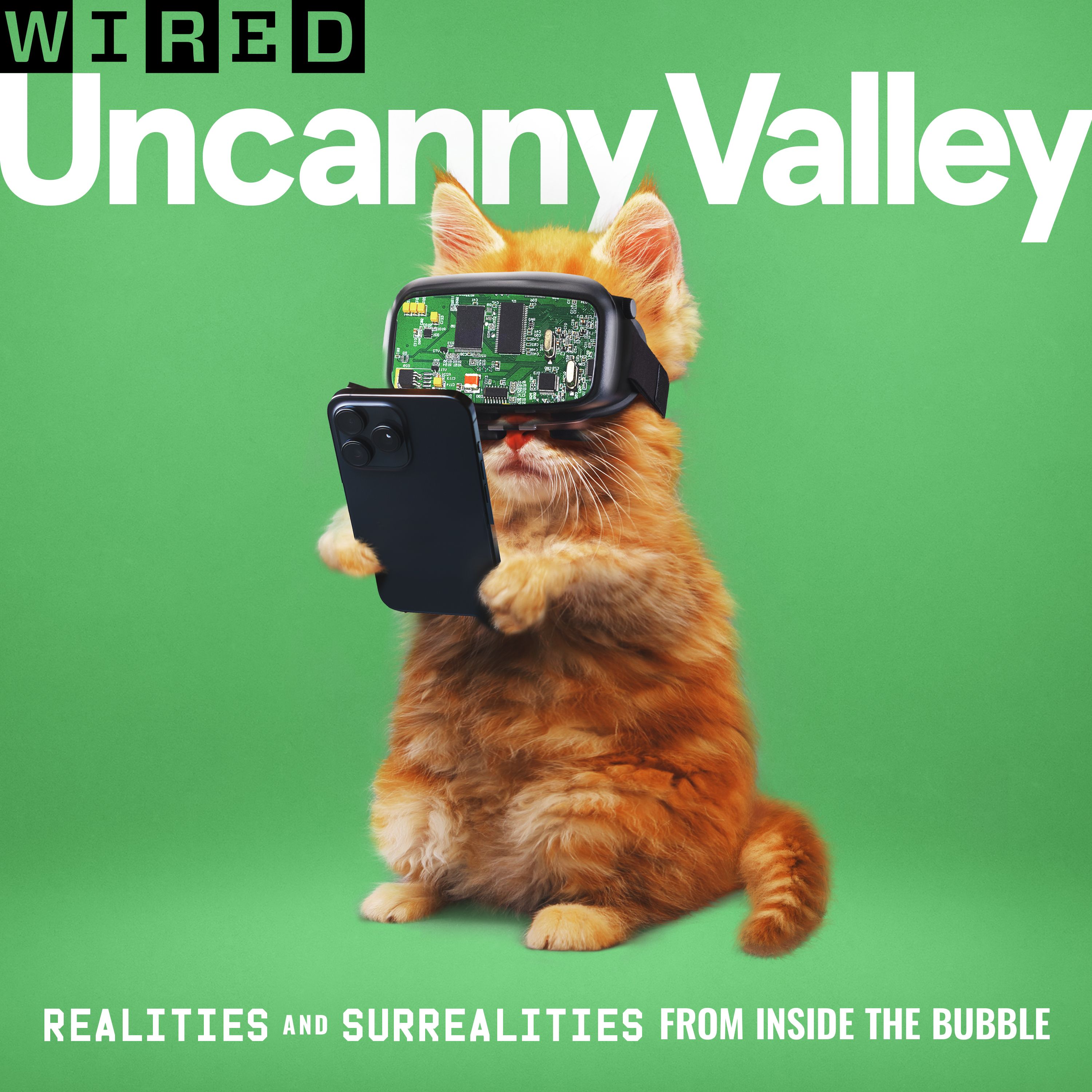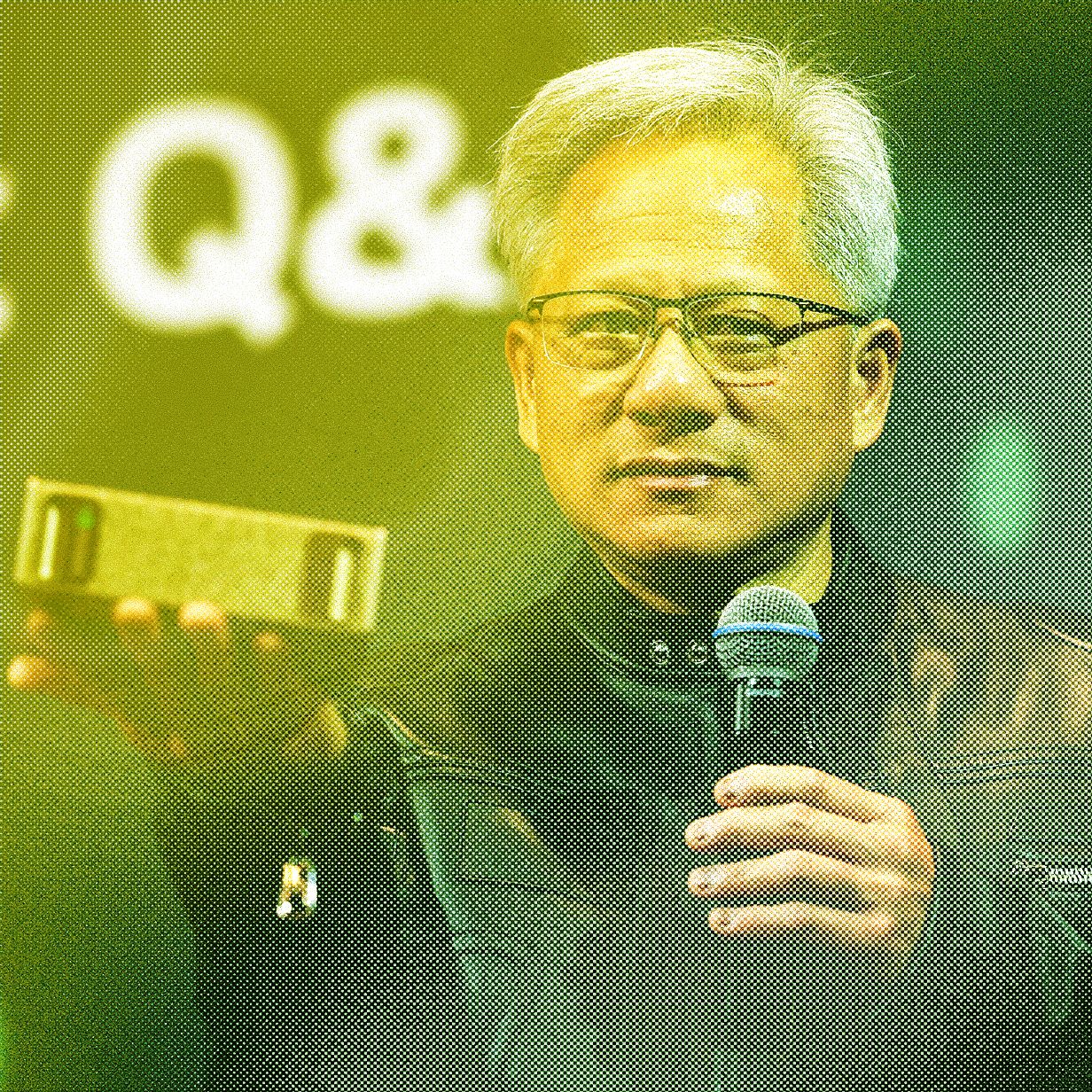RFK Jr. Is Supporting mRNA Research—Just Not for Vaccines
RFK Jr. Is Supporting mRNA Research—Just Not for Vaccines
Robert F. Kennedy Jr., known for his skepticism of vaccines, is now showing support for mRNA research—but not in the context of COVID-19 vaccines.
In a recent interview, Kennedy expressed his belief that mRNA technology has potential benefits outside of vaccination, such as in cancer research and treatment.
While he remains critical of COVID-19 vaccines, Kennedy’s stance on mRNA research highlights the complexity of the issue and the need for nuanced discussions.
Some experts argue that mRNA technology could revolutionize the field of medicine, leading to breakthroughs in a variety of diseases beyond COVID-19.
However, others caution against overlooking the risks and limitations of mRNA vaccines, particularly in the context of a global pandemic.
Kennedy’s support for mRNA research raises questions about the role of technology in healthcare and the importance of considering ethical and scientific considerations.
Ultimately, the debate over mRNA technology underscores the need for informed and thoughtful conversations about the future of medical research and innovation.
While Kennedy may not fully endorse mRNA vaccines, his openness to exploring other applications of the technology suggests a willingness to engage in constructive dialogue.
As the scientific community continues to investigate the potential of mRNA research, it is crucial to consider diverse perspectives and prioritize evidence-based decision-making.
In the meantime, the debate over mRNA technology and its implications for healthcare will likely continue to evolve, with voices like Kennedy’s contributing to the conversation.







